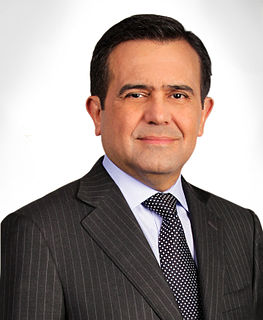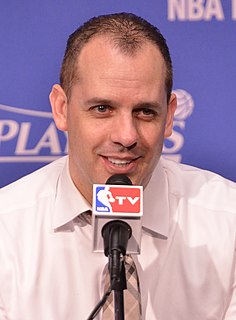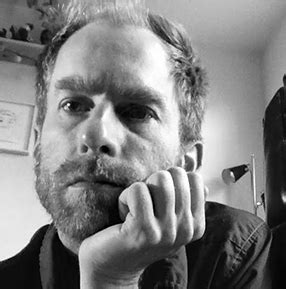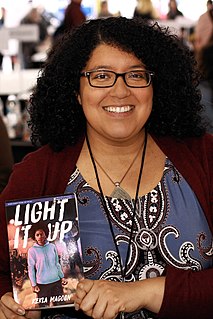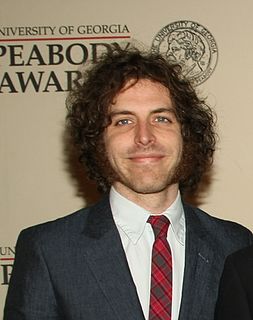A Quote by Jeff Dean
The idea behind reinforcement learning is you don't necessarily know the actions you might take, so you explore the sequence of actions you should take by taking one that you think is a good idea and then observing how the world reacts. Like in a board game where you can react to how your opponent plays.
Related Quotes
We're living history all the time, in the papers, in the news, you think about stuff and it goes into your brain and you think about it and it comes out somehow. You have an idea; you've heard a phrase, or you're angry, or something disturbs you, or something seems paradoxical to you, you explore that idea, much like a writer would explore maybe an idea through metaphor. Maybe artists use their vehicle to explore ideas, so I think the things that interest me are the kind of idea of continuous change and how nothing stays the same and it's always disintegrating into something more.
The film room teaches you how to do the job, how to study the game, how to teach the game from film. How to create an advantage for your team by knowing your opponent, and all their plays and tendencies. And there's no better guy in the world that I've been around than Jim O'Brien at breaking down film.
I can start with the idea of taking until you can take off, through the idea that all of my writing foregrounds the idea of how I'm taking from my own life. I'm stealing from my own life in a way, and from the people around me, but in service of getting somewhere else. I'm starting with an autobiographical impulse, to get a better vantage on the circumstances of the life that I happen to be in at the moment and how that life connects to others.
Learning would be exceedingly laborious, not to mention hazardous, if people had to rely solely on the effects of their own actions to inform them what to do. Fortunately, most human behavior is learned observationally through modeling: from observing others one forms an idea of how new behaviors are performed, and on later occasions this coded information serves as a guide for action.
But people don't know if I can teach the game. I know I can. My experience in Oklahoma was positive. It opened my eyes to how the game is played - the interaction among players, fans and media, how all that works. You have to know about the business of the game and how the actions of players and coaches affect the business. I think I have it down now.
I generally go into a movie with a very strong vision, with how I want to make the film, how I want to shoot the film, how I want to edit the movie, what I want the sound to sound like. So I have a very concrete idea even if I don't storyboard it, I know exactly what I want to do once I get into the sequence. Now having said that, I try not to let that slave me to the process. So if I do storyboard a sequence I don't necessarily stick to it if I discover more exciting things on set.
'Paycheck,' I thought, was a really, really good idea. I never got an opportunity, unfortunately, to read the novel, but I loved the idea of how to deal with intellectual properties. I just don't know that we necessarily got to the heart of that particular idea. I think it became more of a chase movie than anything else.

